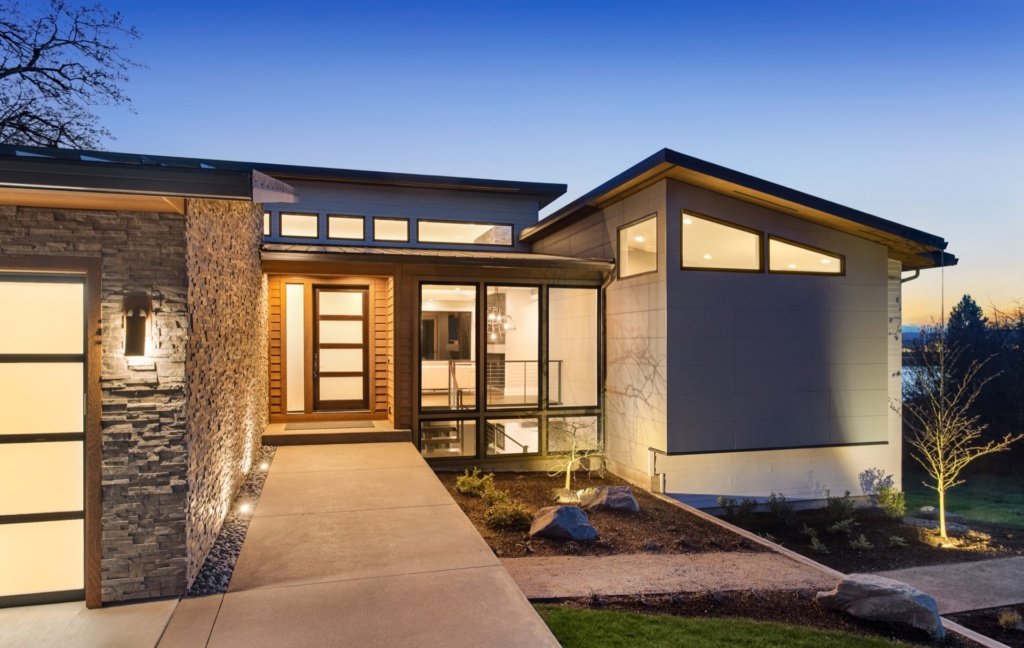There’s a lot of great info about home-buying, but there are also many myths that have cropped up that just aren’t true. If you’re about to invest in Kelowna real estate, or a new home, it’s important to be able to separate fact from fiction. We bust five of the main myths you’ll likely come across below.
About to Invest in Kelowna Real Estate? There’s No Good Time to Buy
This is completely false. You can’t predict the housing market and while prices might be high now they could just as easily jump even higher and stay there for months.
Trying to predict the housing market is like trying to predict the lottery. Sure, you could do a ton of research into making the most accurate prediction possible, but then one event (like, let’s say a pandemic) could invalidate all your predictions to time you could’ve spent enjoying something else.
As long as you’ve done your home-buying research (and have set the appropriate amount of money aside) you should definitely buy when you’re ready to do so.
No Matter Where You Buy, Your Home Will Increase in Value Over Time
This is why research is so important. Let’s say you’re about to invest in Kelowna real estate, but by doing research you find out the city is planning on putting a near a noisy highway or downwind from a pulp mill you may end up with a loss on your hands.
Incremental home improvements will help, but overall don’t expect to make a huge profit off your home in the short term. Look into city-planned developments and get educated on how your potential home purchase could be affected.
To Purchase Your First House All You Need Is a Down Payment
Sure, a down payment is necessary for buying a home, but you need more financial help than that. Expect to deal with lawyer fees, land taxes, and other closing costs as well.
That’s not all you should plan for though.
Life happens with things you couldn’t possibly anticipate. This is why having an emergency fund set up before you buy a home is crucial. It could cover extensive electrical issues you didn’t realize were in your new home, major items broken while moving in, and events that happen even before you move to your new home. For instance, car engine trouble or a computer crash.
In any case, understand that as a home-owner you are responsible for all your repairs and that a down payment is the bare minimum you need to save up for a new home.
If You Qualify for a Larger Loan, You Should Get a Larger House
More money equals a better house, but it also equals much more debt if you’re getting that money from a loan. More debt also means larger monthly payments or more payments for significantly longer.
If you’re not willing to compromise your lifestyle to buy a more expensive home then you’ll need to look at a different home that’s more within your budget. Don’t just take out a larger loan because you can.
Getting a Home Inspection Is Optional
This one is true, but just because something is optional doesn’t mean it won’t make your life significantly better if you have it. For example, air conditioning is optional on many vehicles, but that doesn’t mean it doesn’t make a massive difference when driving.
A home inspection will give you a detailed breakdown of a home you’re interested in and any flaws or issues that you should fix. Sellers benefit from being able to provide an additional layer of transparency to buyers, and buyers can get one done so they understand any improvements that will need to be done.
At the end of the day, it’s important to do your research to educate yourself and make the best possible decision for you, and potentially your family. The more understanding you have of the home-buying process the better equipped you’ll be.



